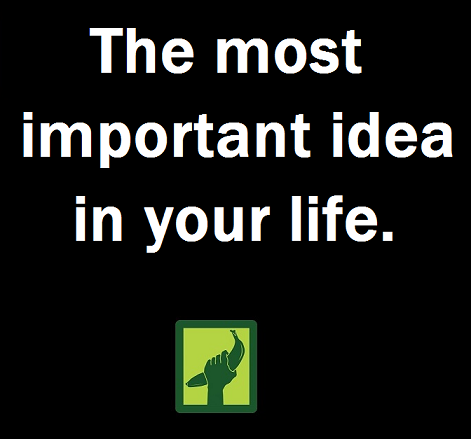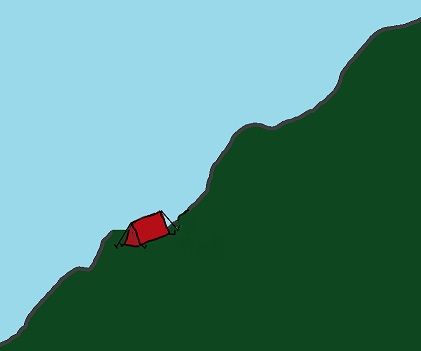-
Subscribe
Subscribed
Already have a WordPress.com account? Log in now.
 Click here.
Click here.
 (This is an updated version of a Monkeytraps post originally published in 2011. It continues to get the most weekly hits of anything I’ve written, and the problem it describes continues to emerge in sessions. Hence this reposting.)
(This is an updated version of a Monkeytraps post originally published in 2011. It continues to get the most weekly hits of anything I’ve written, and the problem it describes continues to emerge in sessions. Hence this reposting.) 


